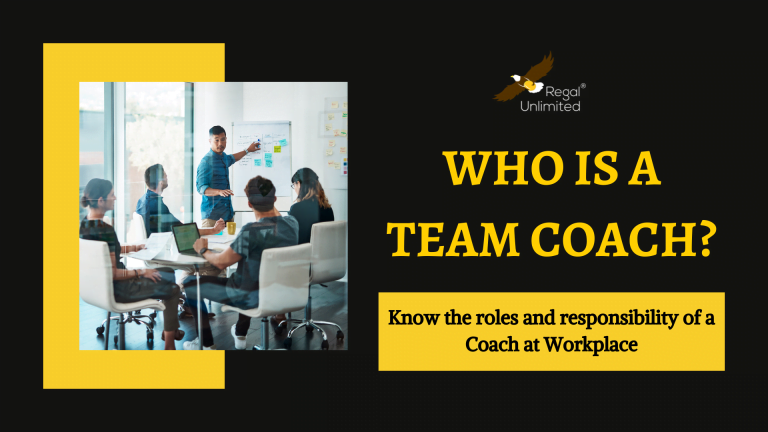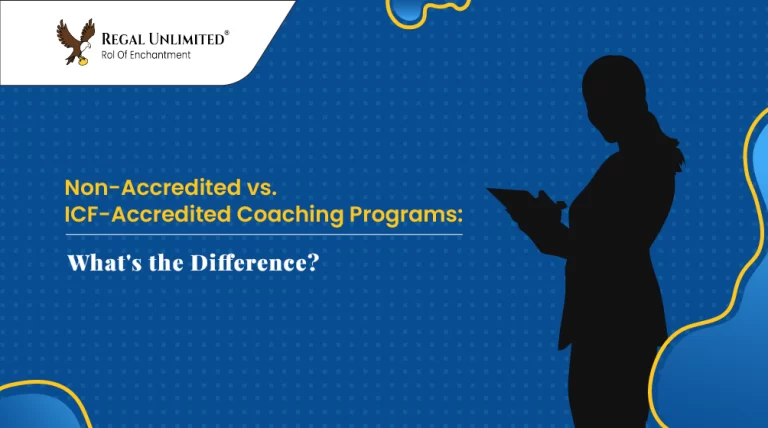“The ultimate test of a transformational leader is the ability to raise up a new generation of leaders.” – Jim Louwsma
The monk who built his Ferrari. Ever heard of this tag? Well, this epithet was conferred by avid Indian netizens to Dr. Sridhar Vembu, a Padma awardee and the CEO of Zoho Corp. Born into a family of farmers, Dr. Vembu graduated from IIT Madras, got his Ph.D. at Princeton University, worked as a systems engineer at Qualcomm, before the transformational vision that changed lakhs of lives back in his village Tenkasi, India occurred to him. I personally am driven and inspired by his work I see him as one of the transformational leaders of the current times. Read on to know my thoughts on transformational leadership!
Today, his brainchild, Zoho, is the first Indian software services unicorn with over 50 million users across 180+ countries for its 40+ apps that digitize business processes ranging from customer acquisition to sales and support.
Apart from their marked business excellence, the founders instituted the Zoho Schools, to train rural folk with skill sets and abilities, most of them who are then employed with Zoho Corp. Zoho’s top employees have also spread their wings to start their own ventures too. The story of the security guard who went on to become an executive programmer too is one for posterity.
All said and done, what was the transformational leadership vision that encouraged a successful Silicon Valley enthusiast to return to his homeland? What drives Zoho to be on par with its global competitors and more importantly, why is Zoho successful? What is unique about Dr. Sridhar Vembu that has the world looking at him with both curiosity and respect? What is unique about his vision? His leadership?
The current environment worldwide is characterized by uncertainty, global turbulence, and organizational instability. To constantly excel in such times is a mammoth challenge and more so, doing it sustainably calls for two things, exceptional revolutionary vision and two, great leadership. Dr. Sridhar Vembu had a perfect blend of the two. And this lends us to terming his leadership- Transformational. What he has done via Zoho is indeed transformational and his exercise – transformational leadership.
What is Transformational Leadership?
Transformational Leadership Model

Idealized Influence: Transformational leaders are charismatic, deliver messages with tact and act as role models by adhering to high levels of ethical and moral conduct. They are the first to take responsibility when things go wrong and commit to complete trust and value to the members. Called a barefoot billionaire, Dr. Vembu was simple in thought but high on ideals. Simple living and high thinking have become the foundational pillars of Zoho because he epitomized them. “I live fairly simply. I hate wearing shoes. If I can avoid it, I do,”
The Ultimate Test of Transformational Leadership
We contest that Dr. Sridhar Vembu was a transformational leader but can we vindicate this effective stance? The true effect of transformational leadership is when followers turn into effective leaders themselves. Girish Matrubhootam, ex-vice president for Product Management at Zoho went on to set up the iconic Freshworks, yet another SaaS provider, headquartered in California with global offices in India, Australia, and the European Union. Valued at $13 billion, it has over 50,000 customers including Honda, Hugo Boss, Citizens Advice, Toshiba, and Cisco. “My philosophy of leadership is I identify good people and then get out of their way,”

Transformational Leadership Characteristics
Internal dependency
Transformational leaders have an internal locus of control. “I feel more connected to my roots and enjoy this kind of life, rid of your comparisons. You don’t have to worry about things like: Does my neighbour have a Ferrari; or does my neighbour take a vacation?” he says.
Decision-making while balancing risk and goals
Check on their ego
Adaptability & embracing change
Transformational leadership demands cognizance of the external changing environment. “Sridhar is able to catch trends very early and then start convincing people about those things. We closed our office two weeks before the government announced the lockdown due to the pandemic. He wanted employees to reach their hometowns before trains, buses, and airports become crowded with sudden panic.” claims Shailesh Kumar, engineering head at Zoho.
Proactive inspiration

Why Should You Become a Transformational Leader?
How to Execute a Transformational Leadership Vision
Well, would some help in this direction towards transformational leadership do us some good?
Yes indeed! And that’s where Regal Unlimited steps in.
Regal Unlimited is dedicated to developing leaders of tomorrow while helping them discover their potential, develop confidence, and empathy and live life as the best version of themselves, all with offerings tailor-made to suit their needs.
Regal Unlimited’s bouquet of services transforms senior and middle-level leaders into Level 5 Leaders with a ‘paradoxical blend of personal humility and professional will”- a truly transformational combination.
The program grooms leaders in coaching competencies so that these leaders can incorporate coaching skills in everyday leadership. This is the beginning of the Coaching Culture in any Organization!
Want to start a coaching culture in your organization, what would work best for your individual leaders, teams, systems or the organization? – Write to us: info@regalunlimited.com or visit www.regalunlimited.com



